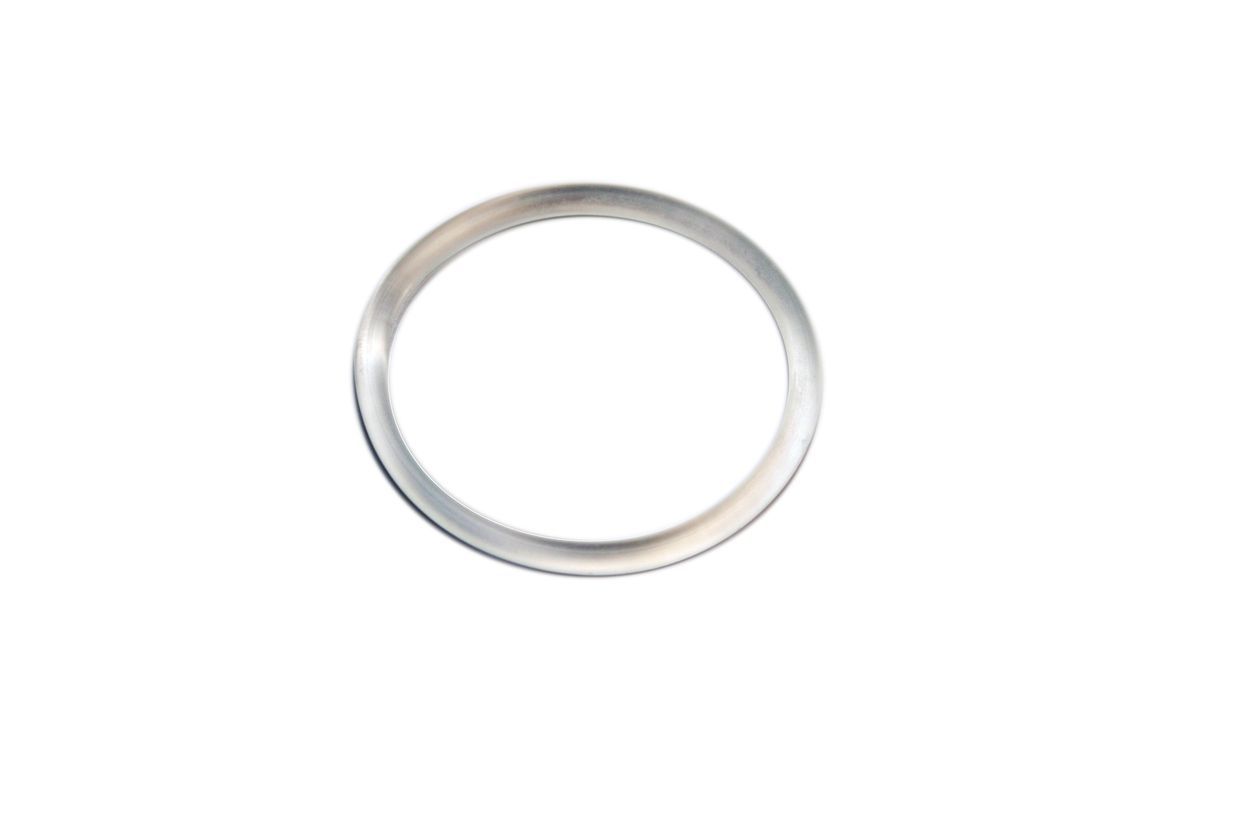What is the vaginal ring?
The vaginal ring works as a low dose hormonal contraceptive

The vaginal ring is a low dose hormonal contraceptive. For someone who has trouble remembering to take the pill every day, the vaginal ring, also known as the NuvaRing, could be great alternative, as it’s not something you need to remember every day.
What is the vaginal ring?
The vaginal ring, a contraceptive ring that releases a low-dose of hormones. It is also called the NuvaRing.
The vaginal ring a small, clear plastic ring that is inserted into the vagina for three weeks each month. It is a hormonal birth control, like the combined contraceptive pill, but in ring form.
After three weeks, you remove the ring to make way for your period. This is followed by one week without the vaginal ring before a new ring is inserted for another three weeks.

How does the vaginal ring work?
During the three weeks, the ring releases a low dose of hormones that prevent pregnancy by stopping the release of a mature egg (ovulation). The hormones also thicken cervical fluid, so that the sperm cannot reach an egg if one is released. Finally, the ring thins the lining of the womb to prevent implantation (the fertilised egg settling into the womb).
You can have sex and use tampons while using the vaginal ring, but it does not protect against sexual infections (STIs). Always use a condom to protect yourself from STIs.
What if the ring moves or slips out?
The vaginal ring should not slip out as it is held in place by the vaginal muscles. If it does slip out, wash it with cool or lukewarm water and re-insert the same ring as soon as possible. If the ring is out of the body for over 3 hours, you should contact your GP and use an additional form of contraception.
How to get NuvaRing
There is only one ring available at this time called the NuvaRing. Getting the ring requires a prescription from your GP. The vaginal ring is now available for free if you are between the age of 17-35.
Advantages of the vaginal ring
- You don’t have to remember to use it every day, making it ideal for people who struggle to take the pill each day
- Easy to put in and take out
- It doesn’t have to be fitted by a doctor
- It has the same advantages as the combined contraceptive pill
- If you are vomiting or have diarrhoea it doesn’t affect the contraceptive, unlike the pill
- You can have the ring in place when swimming, exercising or showering
- It doesn’t disrupt or interupt sex in any way, like putting on a condom might
- Some women find that it helps to ease their PMS and that it makes their periods lighter and less painful
Things to keep in mind with the vaginal ring
- It doesn’t protect against sexually transmitted infections
- You need to feel comfortable about inserting the ring in your vagina
- May include side affects such as headaches, weight gain, nausea, irregular periods, vaginal infections, mood changes and stomach pain
- The vaginal ring is more expensive than the contraceptive pill
- It is prescription only
For more information on the vaginal ring contact your GP or visit the Irish Family Planning Association.
Protecting your sexual health when on contraception
If you chose to get the vaginal ring, this will only help prevent pregnancy, but you will still need to protect yourself from STIs and HIV. There are many great options to help protect your sexual health, but none of them are 100% effective. Even if you use condoms every time you have penetrative sex, you are still at risk of getting genital warts and herpes, as these can be passed through skin-to-skin contact. Going for an STI check or taking a home STI testing kit with a partner before having sex, can be a great way of protecting yourself and those you have sex with against STIs and HIV. However, not all STI checks check for all STIs, so it is important to speak to your healthcare provider and ask them what are being tested for as part of your screening.
Discussing with your sexual partners the type of contraception or protection options available to you, and agreeing on a type that works for everyone involved can help to reduce the risk of pregnancy, STIs and HIV. Looking out for sores or symptoms on a partner’s genitals before having sex with them, can help to identify STIs that they may not be aware of. If you do see any signs that someone may have an STI, do not have sex with them until you know for certain it is safe to do so. Asking someone about their sexual health history is the responsible thing to do before having sex, and it should not be taken as an insult if someone asks you about yours.
Remember that the age of sexual consent in the republic of Ireland is 17 and the age of sexual consent in Northern Ireland is 16.
Feeling overwhelmed and want to talk to someone?
- Get anonymous support 24/7 with our text message support service
- Connect with a trained volunteer who will listen to you, and help you to move forward feeling better
- Whatsapp us now or free-text SPUNOUT to 50808 to begin.
- Find out more about our text message support service
If you are a customer of the 48 or An Post network or cannot get through using the ‘50808’ short code please text HELLO to 086 1800 280 (standard message rates may apply). Some smaller networks do not support short codes like ‘50808’.






